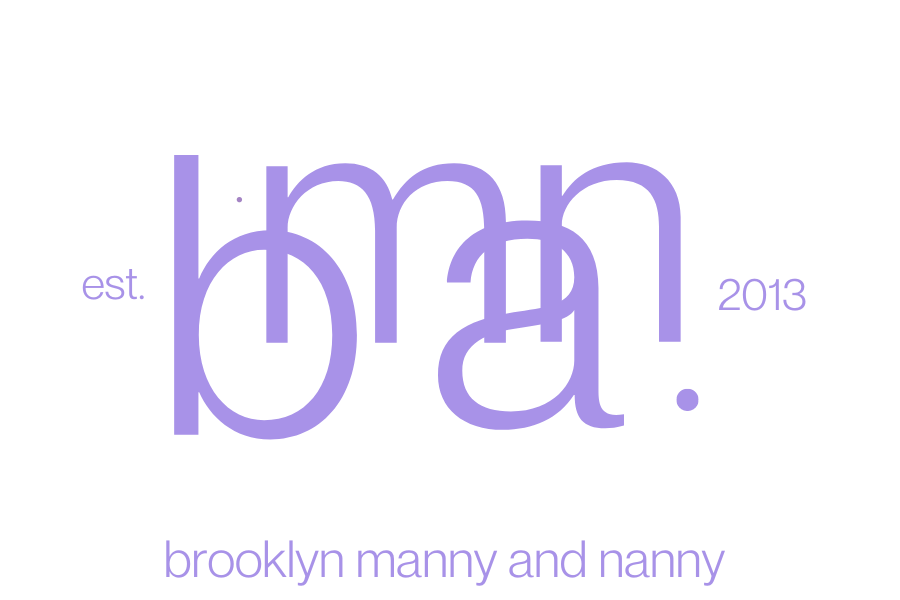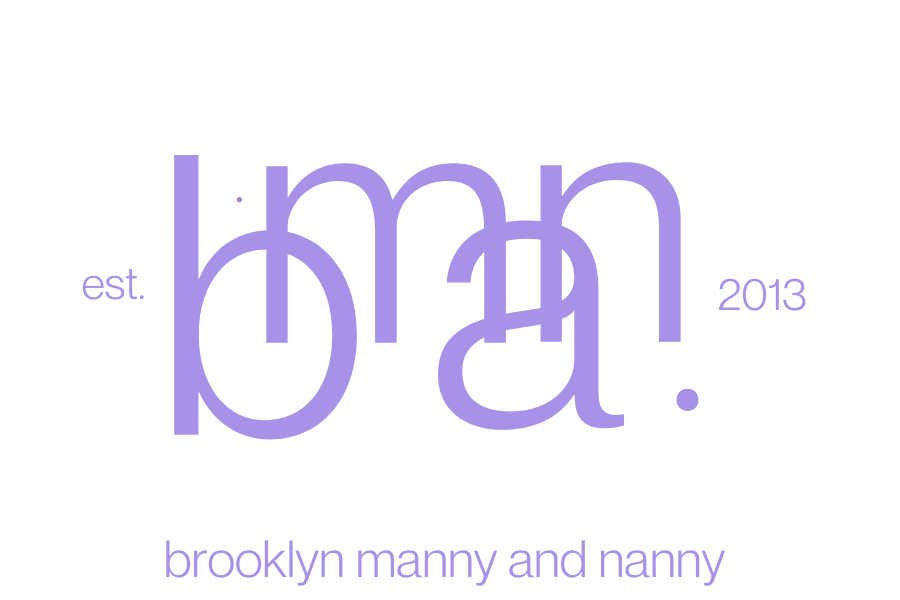What is Transformative Childcare?
A Holistic Approach Through Bronfenbrenner’s Ecological Lens.
What is Bronfenbrenner’s Ecological Systems Theory in a nutshell?
Imagine a series of concentric circles around a child. Each circle represents different layers of environment, from closest to most distant:
microsystem - immediate relationships and settings like family, school, and nanny or dedicated babysitter.
mesosystem - how these settings interact.
exosystem -indirect influences like a parent's workplace or legislation that affects domestic workers and household employees.
macrosystem -cultural and societal norms
chronosystem - time-based changes like a child’s emotional, physical, and social development.
Image sourced from Rotel, (n.d.). Ecological Theory. In Whole Child: A Caregiver's Guide to the First Five Years. Retrieved from https://rotel.pressbooks.pub/whole-child/chapter/ecological-theory-2/
How does the microsystem affect childcare quality?
The microsystem is where direct care happens. Life changing, transformative, childcare means creating a mutually respectful, fair, Nanny/Parent/Child relationship. Here, positive interactions with caregivers foster trust and curiosity, laying the foundation for lifelong learning.
What’s the role of the mesosystem in childcare?
Think of the mesosystem as the bridge connecting a child's various worlds. A strong mesosystem ensures that a child’s home life and childcare setting reinforce each other, making the child feel secure and understood across environments. For childcare providers, this means regular, open communication with families about the child’s experiences and needs. Beyond the employer relationship, this can be the the nanny’s relationship to the child’s school, friends and their parents.
Can the exosystem really impact childcare?
Absolutely. The exosystem includes larger, indirect influences on a child, such as community safety, parental workplace policies, and access to healthcare. For example, a parent’s stressful job can affect their parenting and, by extension, the child. When families use an bman to source high-quality childcare, the agency acts acts as a support system, offering stability amidst these external pressures. This looks like assistance in crafting work agreements that are fair and legitamate, connecting household employers to trusted partners for payroll services and workers compensation.
Similarly, we understand that a nanny’s life outside of work profoundly affects the quality of childcare provided. This insight drives us at Bman to delve deeper than the surface level of skills and qualifications; we aim to grasp the essence of who our nannies are beyond their professional roles. Recognizing their personalities, interests, and external influences allows us to ensure comprehensive diligence to the families we work with.
How does the macrosystem influence childcare practices?
The overarching societal beliefs and cultural norms shape our childcare practices significantly. Our agency integrates these broad influences, seeing childcare as part of a comprehensive approach to family care. We encourage collaboration between nannies and families to ensure a stable home environment, focusing on shared responsibilities rather than expecting nannies to handle all tasks. This approach is informed by societal values on child-rearing and work-life balance, promoting diversity, equity, and inclusion. It also guides us in offering competitive wages and benefits, emphasizing fair employment practices that resonate with the wider cultural expectations and policies affecting childcare.
What’s the significance of the chronosystem in understanding childcare?
The chronosystem reminds us that change is constant. It’s about recognizing and adapting to the personal transitions in a child’s life (like the birth of a sibling) and broader societal changes (such as digital advancements). High-quality childcare services are responsive, evolving to meet the needs of children and their families over time. Often the nanny a family needs to raise their children from birth until preschool, is different than the nanny they will want to hire when their children are older and need support getting to afterschool activities and doing homework. Similarly, a nanny who specializes in infant and toddler care is more inclined to want full-time hours and a position where they can utilize their skills. In this case an agency like bman can help both parties move to the next phase in their career and homelife.
Bronfenbrenner’s Ecological Systems Theory underscores the profound interconnectedness of a child’s environments and relationship to people and the world around them. Finding and hiring a high-quality nanny or babysitter isn’t just about the immediate care provided but involves a holistic understanding of the child’s world. It’s about creating a nurturing, adaptive space that supports each child’s unique journey through the layers of their universe.


